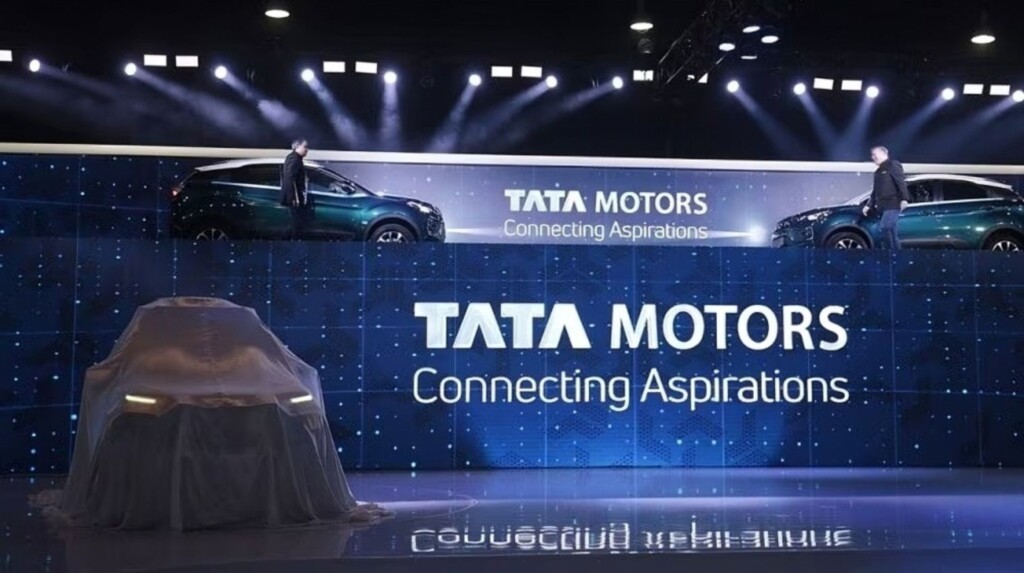During the post-earnings conference call, P B Balaji, the Chief Financial Officer of Tata Motors Group, stated that the company has experienced a certain level of impact from the Red Sea crisis. However, he reassured that the situation is currently under control and manageable.
Tata Motors has initiated the construction of its gigafactory in Somerset, UK, with the project’s financial closure currently in progress, the company announced on Friday. During the post-earnings conference call, Tata Motors Group Chief Financial Officer P B Balaji acknowledged some impact from the Red Sea crisis but deemed it manageable at this juncture. Earlier in the day, Tata Motors reported a substantial 133.2% increase in net profit, reaching Rs 7,100 crore in the December quarter. Additionally, the consolidated revenue witnessed a notable 25% year-on-year growth, amounting to Rs 1,10,600 crore.
Balaji confirmed that the site for the gigafactory has been acquired, and the initial phase of land-leveling has commenced, he stated. In July of the previous year, Tata Motors revealed its intentions to establish a global battery cell gigafactory in the UK. The investment for this project exceeds 4 billion pounds and is aimed at supporting the automotive sector’s shift toward electric mobility.
Balaji acknowledged a certain level of impact from the Red Sea crisis, stating that although there is an impact, it is currently manageable. Efforts are being made to minimize any potential consequences, with rerouting causing an additional approximately 10 days in the portfolio. Particularly for thick products and specific lanes, strategies are being devised to navigate these challenges.
Regarding Electric Vehicle (EV) sales, Balaji noted a sequential increase in volumes. He emphasized that there is no cannibalization occurring between the EV and Compressed Natural Gas (CNG) segments, observing robust growth in both areas. These are seen as incremental volumes and are expected to continue.
Balaji also outlined the company’s aim to achieve 25-30% of sales from EVs in the fiscal years 2025 and 2026.
